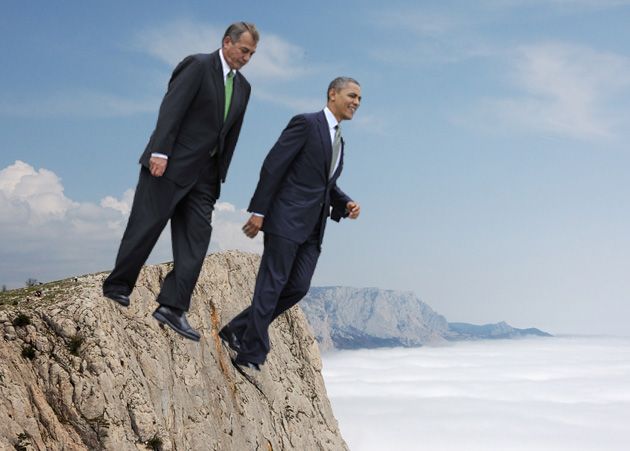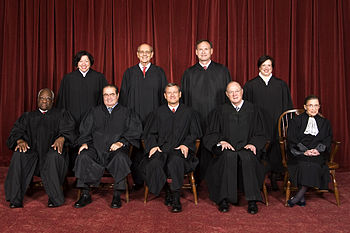November’s coming, and it’s got me thinking. You’re lazy, America… Voter turnout in the U.S. is low. According to the Pew Research Center, only 56.3 percent of eligible voters cast their ballots in 2012. That’s almost at the bottom of their list of developed countries. There’s a lot at stake in most elections, not just when we’re voting on the next president. America, though, doesn’t really seem to give a damn about a whole section of this country who can’t vote or have given up trying, and many of them want to.
According to the U.S. Census Bureau, about 1 in 5 Americans has a disability of some sort. Only 82 percent of those people exercise their right. Admittedly, that’s a higher number than the overall population. Pew says it was just over 53 percent in 2012.
But it could be even better, if the needs of the disabled were taken more into account.
To put this on a local scale, this campus has an overall student population of roughly 9,000. Of that, Las Positas’ Disabled Students program serves about 700 students with physical and learning disabilities. Eighty-two percent of that is 574.
Let’s assume every one of those students served by Disabled Students votes. That’s a fair amount of people, and even though 574 does not represent even a fraction of the population of the Tri-Valley, it’d make a difference.
Thing is, you can’t assume that they all vote, just as you can’t assume every single member of the student body votes.
As tempting as it is to blame the disabled people who don’t vote on the team sports/reality TV mentality modern American politics seems to have devolved into, the physically disabled face something every day that the general populace doesn’t: lack of physical access.
When you want to vote but can’t get to the booth, that’s a problem. For example, a lot of disabled people lack a driver’s license. Voter ID laws are strict in a lot of places, like Texas. Many disabled people can’t spare the money it takes to obtain an ID. In my case, $28 means the difference between buying new underwear or making do with an elastic waistband that’s starting to give.
These laws alienate and, yes, disenfranchise a lot of people.
The Americans with Disabilities Act of 1992 states that a polling place must be physically accessible. The Help America Vote Act has a similar requirement. But just as with other places mired in bureaucracy in America, somebody drops the ball.
Curtis Decker, executive director of the National Disability Rights Network blames it on “hyperlocal elections boards”, which schedule polling places in areas like church basements. And that’s only factoring in the wheelchair users. Voting in rural areas can be tough for us.
According to the National Federation for the Blind, there were more than 790,000 sight-impaired voters. I realize this is conjecture, but adaptive equipment is not cheap and could conceivably be used as an excuse – but law is law.
A great example of both the difference a single vote can make and how the disabled have been shut out of the election process, is the Henry county, Virginia, Board of Supervisors race in 1995. According to the Associated Press, county officials realized the day after an election that a disabled person’s vote was not counted. The person cast their ballot from inside a car. The vote wasn’t tallied because poll workers forgot to open the envelope. Guess what? That nearly forgotten single vote unseated the incumbent. Imagine this oversight happening on a national scale, because with lack of access, it happens a lot more than this one instance.
So far as I could find, Las Positas has never been used as a polling place. If it were, I think it would be pretty good, as far as wheelchair accessibility goes. Hypothetically speaking, the cafeteria and the gym would make awesome locations, with all the open space. And in the case of the cafe, you could get a free coffee after voting. (I’m joking.) But sometimes, people’s garages and living rooms are used. That presents a big potential problem: To put it nicely, some people aren’t the best homemakers. Other times, disabled voters have to hope for the best-case scenario: a step or two into the home.
Imagine the Henry county situation I mentioned earlier, but magnify it, because it’s not an isolated incident.
According to a 2013 report by Rutgers University professor Lisa Schur for The Presidential Commission on Election Administration, there could be as many as 3 million more voters if access weren’t an issue. That’d definitely sway results one way, or the other.
So yeah. You’re lazy, America. The disabled community can help – but you have to help us first. Be more mindful, and clear these obstacles.



